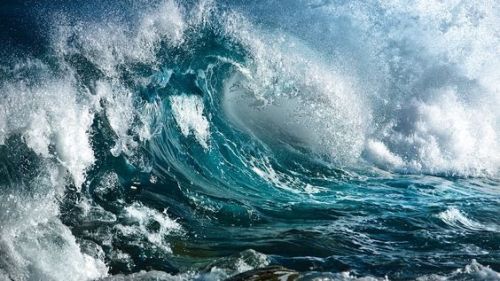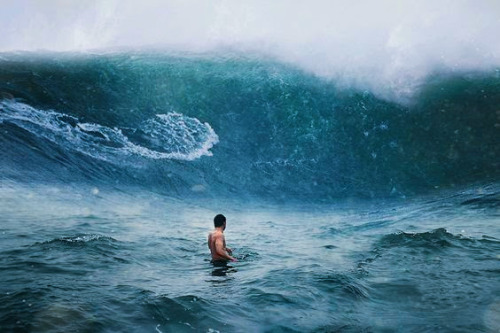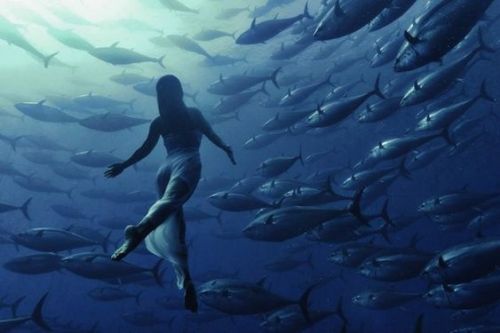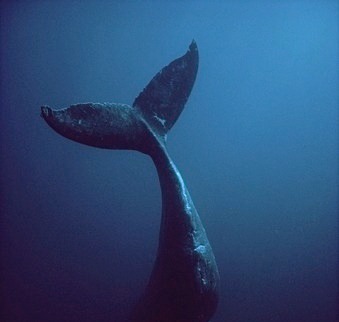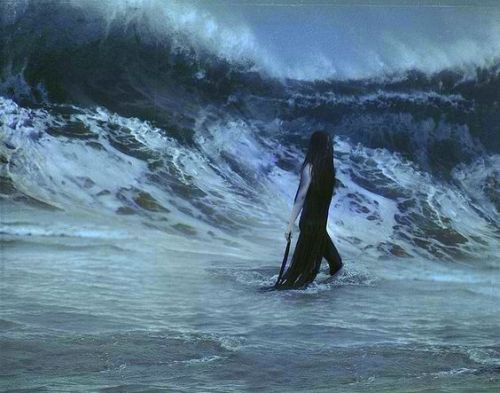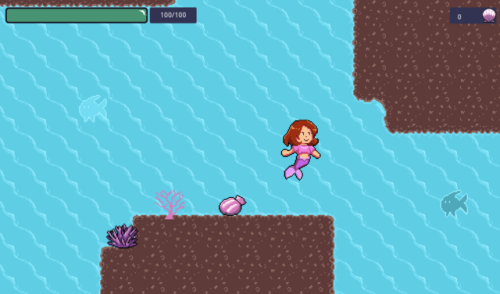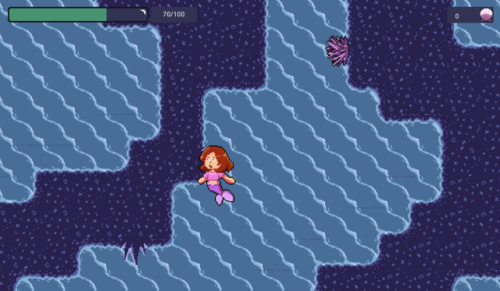#thalassa
primordial gods and deities
↳ pontus & thalassa
Pontus was an ancient, pre-Olympian sea-god, one of the primordial deities, and Thalassa was the primeval spirit of the sea. They spawned the storm gods and the tribes of fish.
Post link
Ποντος
Pontos was the primordial god of the sea. He was the sea itself, not merely its resident deity, who was born from earth at the dawn of creation.
Pontos and Gaia were parents of the ancient sea gods Nereus, Keto, Phorkys, Thaumas and Eurybia. By Thalassa, his watery female counterpart, he was the father of fish and other sea creatures.
Poseidon, king of the sea, wed Pontos’ eldest granddaughter Amphitrite.
Post link
Θαλασσα
Thalassa was the primordial goddess of the sea and the daughter of Aither (Light) and Hemera (Day). Mingled with Pontos, her male counterpart, she produced the fish and other sea creatures. Thalassa was the literal body of the sea and in the fables of Aesop, manifests as a woman formed of sea-water rising from her native element.
Thalassa is depicted in Greco-Roman mosaics as a matronly woman, half-submerged in the sea, with crab-claw horns, seaweed for clothes, and a ship’s oar in her hand.
Post link
The Race to find Neptune
400 years ago, a great arms race began in the scientific community: using the newly developed technology afforded by the telescope, astronomers and natural scientists stayed up night after night training their new instruments on the sky. Few were as prolific or as careful (or talented) as Galileo Galilei who 404 years ago first saw the planet Neptune through a telescope on the night of December 28, 1612.

The telescope was immediately recognized as the most significant technological revolution in astronomy. Galileo noted the object but failed to recognize its significance, and Neptune disappeared for another 234 years, when it was predicted by French astronomer Urbain LeVerrier. A second arms race began when English, French and German scientists all raced to find the planet predicted by the perturbations in Uranus’ orbit. By this time the telescope was in regular use by both scientists and talented amateurs around the world as scientists stayed up night after night searching for discoveries.

The prediction of a new planet was soon confirmed by German astronomer Johann Gottfried Galle just one year after he finished his Ph.d dissertation which he had sent to LeVerrier for comments. Galle found Neptune first on September 23, 1846, though James Challis had both spotted it and noted it but failed to recognize it as a planet due to using outdated star maps. A minor battle then ensued when LeVerrier suggested the name Leverrier for the new planet-and had English astronomers immediately insist that the recently discovered Uranus be named Herschel after its discoverer, the Anglo-German astronomer William Herschel, who for his part wanted to call Uranus after his patron King George III of England. Galle first proposed Janus (the Roman two-faced god) and Challis proposed Oceanus. Ultimately consensus was found by continuing with the theme of naming planets after Greek and Roman gods, as the west had done since antiquity, and the planet was named Neptune. Irregularities in Neptune’s orbit led to a third race to discover any satellites that might be orbiting, and 17 days later Neptune’s first moon was discovered by amateur English astronomer and beer magnate William Lassell on October 10, 1846 and named Triton.

Neptune’s next two moons were discovered in the 1940s but it wasn’t until the Voyager spacecraft passed Neptune that an additional 5 moons were found. Neptune now has 14 recognized satellites, the most recent of which remains un-named, first spotted in 2004.
Images of Neptune and the Great Dark Spot and all moons courtesy NASA, all other images in the public domain.
Post link
Thalassa: A Fun Little Sidescroller about Mermaids
Maya is running late on a date and she’s forgotten to get a gift. But she’s got an excellent idea: why not pick up seashells along the way? Hopefully she can get enough seashells to impress her girlfriend Thalassa!
@starrydough and I made this for My First Game Jam Summer 2019. This is our first time entering a game jam, and it was a challenge with a new engine we’ve never used before. It’s painfully short but it’s both our first game outside of classes, so we’re still proud of it regardless.
You can download and play Thalassa here on itch.io!
Post link
First time making sprites for a game jam
“Some mad girl, the fairylands of the ocean, the history of the waves, Neptune and his procession of Nereids.”—Valery Larbaud, tr. by William Jay Smith, from “Thalassa,”(edited)
Ποντος
Pontos was the primordial god of the sea. He was the sea itself, not merely its resident deity, who was born from earth at the dawn of creation.
Pontos and Gaia were parents of the ancient sea gods Nereus, Keto, Phorkys, Thaumas and Eurybia. By Thalassa, his watery female counterpart, he was the father of fish and other sea creatures.
Poseidon, king of the sea, wed Pontos’ eldest granddaughter Amphitrite.
Post link




